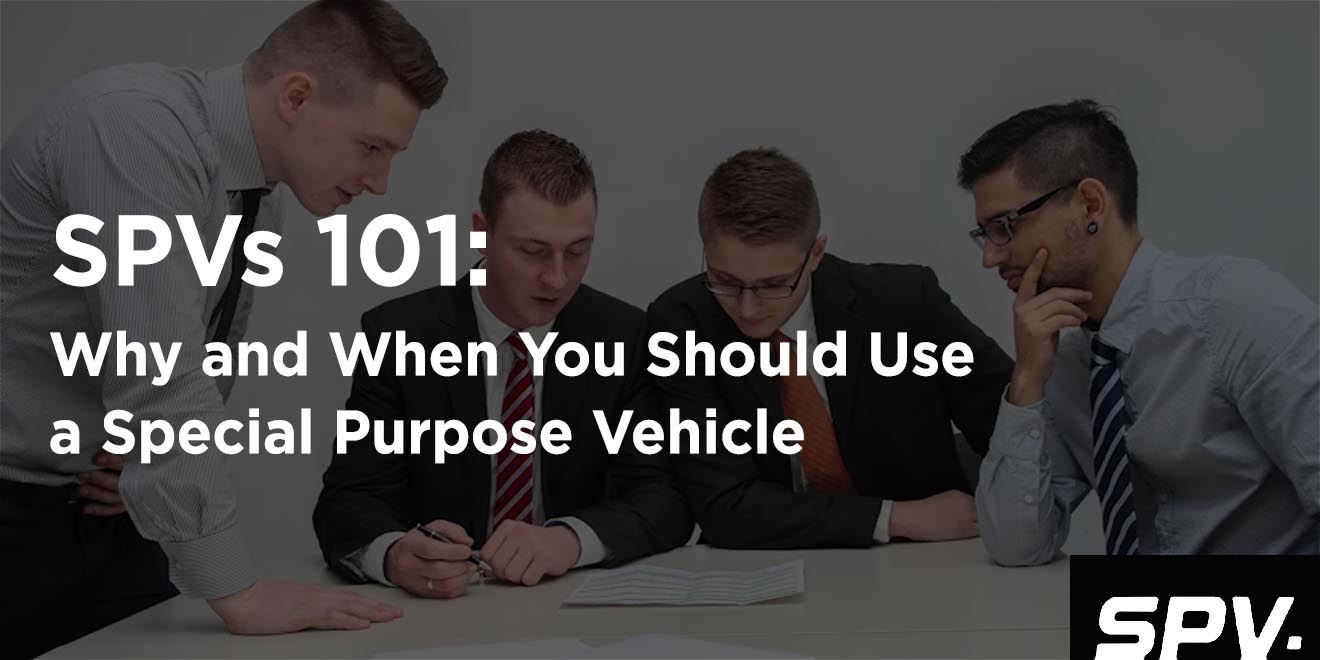
SPVs 101: Why and When You Should Use a Special Purpose Vehicle
Special Purpose Vehicles—often shortened to SPVs—might sound like the kind of financial contraption that only Wall Street lawyers understand, but they are far more approachable once you unpack the basics. Whether you are a founder chasing the next funding round, a real-estate developer eyeing a once-in-a-decade parcel, or an angel investor hoping to corral friends into a single deal, an SPV can be the clean, elegant wrapper that keeps everyone’s interests organized and protected.
In this guide, you will learn what an SPV actually is, why it can be a game-changer, and when it makes the most sense to spin one up.
What Exactly Is an SPV?
At its core, an SPV is a legally separate entity—usually an LLC or limited partnership—formed for one narrow, pre-defined purpose. Instead of commingling the target project with your main operating company (and all its assets, debts, and ongoing risks), you tuck the project into its own legal “box.”
The SPV holds the assets, signs the contracts, raises the capital, and bears the liabilities tied to that single venture. Once the project wraps up or exits, the SPV can distribute proceeds and wind down, leaving your other businesses untouched.
The Key Advantages of Forming an SPV
Ring-Fenced Liability
Investors and sponsors limit potential losses to the money and collateral sitting inside the SPV, shielding their broader balance sheets from unexpected claims or lawsuits.
Cleaner Capitalization Tables
Instead of tracking dozens of direct minority shareholders, a startup can list one line on its cap table—“SPV, LLC”—which aggregates everyone’s stake behind the scenes.
Streamlined Fundraising
Sponsors can offer one set of deal terms, one subscription document, and one closing, slashing legal costs and administrative headaches.
Tax Planning Flexibility
Because an SPV is a separate entity, you can choose pass-through status or corporate taxation, elect special allocations, or time distributions in ways that optimize returns for participants.
Greater Confidentiality
Sensitive ownership data remains inside private SPV records rather than splashed onto the parent company’s public filings.
When an SPV Makes the Most Sense
Not every project requires its own shell entity. But in certain scenarios, an SPV is almost always the smartest route.
Isolating Risk on Capital-Intensive Projects
Suppose you are developing a $50 million mixed-use building. Construction loans, subcontractor agreements, environmental liabilities—each carries its own risk tail. By isolating that project inside an SPV, you prevent any worst-case scenario from rippling back to your core real-estate portfolio or personal assets. Lenders also prefer this approach because they can underwrite a discrete collateral pool without having to untangle an entire conglomerate.
Pooling Investors Into a Single Deal
Angel investors and micro-VCs increasingly deploy SPVs to corral dozens of small checks into one manageable vehicle. Instead of herding 40 individuals through direct SAFE notes or convertible debt, a lead investor raises capital in an SPV, then wires a single, larger check to the target startup.
The startup’s founder sees one new name on the cap table, and the SPV manager handles all ongoing communications, conversions, and distributions behind the curtain.
Carving Out Joint Ventures
Corporate giants often collaborate on R&D projects that carry uncertain outcomes. By parking the experiment in an SPV, each participant chips in capital or IP while clearly defining what happens to any future patents, revenue splits, or liabilities. If the research fizzles, the losses are limited; if it skyrockets, the upside is shared per the SPV’s operating agreement, without fighting legacy obligations back at each parent company.
Planning for a Clean Exit
Private-equity firms favor SPVs when they acquire a specific asset with an eye on a three-to-five-year flip. Because the SPV owns only that asset, unloading it is as simple as selling the entity’s membership interests. The buyer inherits neatly packaged contracts, licenses, and bank accounts rather than negotiating carve-outs from a messy corporate web.
How To Set Up an SPV Without Losing Sleep
The mechanics are straightforward, but a few strategic choices will save you time and money down the road.
Choosing the Right Jurisdiction
Delaware remains the gold standard for U.S. deals thanks to its flexible corporate statute and business-savvy courts. However, some real-estate sponsors opt for states with lower annual franchise taxes or local series-LLC regimes. International investors may prefer the Cayman Islands, Luxembourg, or Singapore for their treaty networks and fund-friendly regulations. Pick a jurisdiction aligned with your investor base, tax goals, and regulatory burden.
Structuring Equity and Governance
Most SPVs resemble a manager-managed LLC. The manager (often the lead investor, sponsor, or deal originator) makes day-to-day decisions, while limited members hold passive interests. Spell out voting thresholds for major actions—think refinancing, asset sales, or changes to distribution waterfalls. If preferred returns, carried interest, or hurdle rates enter the mix, model them clearly in the operating agreement so no one is blindsided when profits start flowing.
Staying on the Right Side of Securities Rules
Whenever you gather outside the capital, you are dancing on securities-law territory. In the United States, Rule 506(b) and 506(c) of Regulation D provide popular exemptions—but they impose investor accreditation requirements and strict marketing limits.
Use a reputable fund administrator or legal platform that keeps subscription documents, KYC checks, and Form D filings in order. The same caution applies internationally: MiFID, AIFMD, and MAS rules vary country by country.
Potential Drawbacks (and How to Mitigate Them)
Administrative Overhead
Annual state filings, registered agent fees, tax returns, and potential audits add cost. Mitigate by budgeting upfront and using specialized fund-administration software.
Perceived Complexity
Some inexperienced investors may balk at wiring funds into an unfamiliar entity. Offer clear, jargon-free summaries and host Q&A calls early in the raise.
Limited Liquidity
Most SPV interests are illiquid until the underlying asset exits. Remind investors of the timeline and include secondary-sale provisions if you anticipate early liquidity needs.
Potential Regulatory Shifts
Tax codes and securities regulations evolve. Build flexibility into governing documents—like the ability to convert to a different entity type or migrate jurisdictions if law changes make your original setup less efficient.
Bringing It All Together
Special Purpose Vehicles are not just arcane legal abstractions. They are practical, nimble tools that help entrepreneurs, investors, and corporations pursue focused opportunities while containing risk, simplifying ownership structures, and reducing administrative drag.
If your next venture involves multiple stakeholders, sizable capital, or exposure you would rather not saddle on your main business, an SPV may be the smartest insurance policy money can buy. Engage experienced counsel, map out the economic terms, and your SPV can move from concept to closing in a matter of weeks—ready to hold assets, raise funds, and pave a cleaner path to profits.

Recent Posts
Newsletter
Get Latest News and Updates From VID.co! Enter Your Email Address Below.
Ready to get started with SPV formation?
Our team is here to guide you through every step, whether you’re launching a real estate SPV or need a tailored white label solution. Contact us today for a personalized consultation and find out how SPV.co can streamline your investment management.

.svg)


%201.svg)









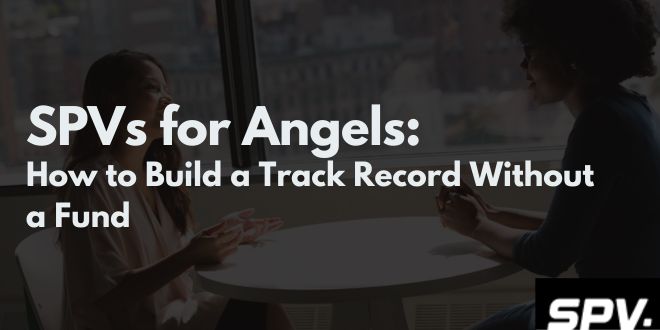


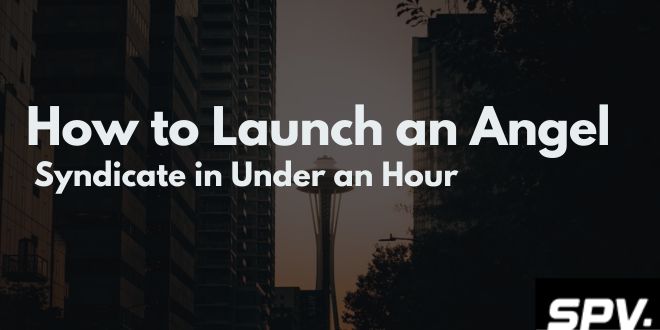
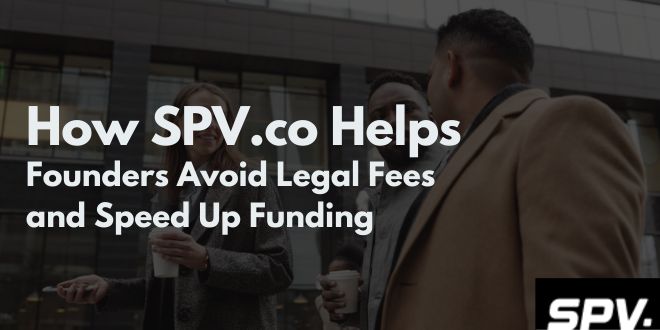
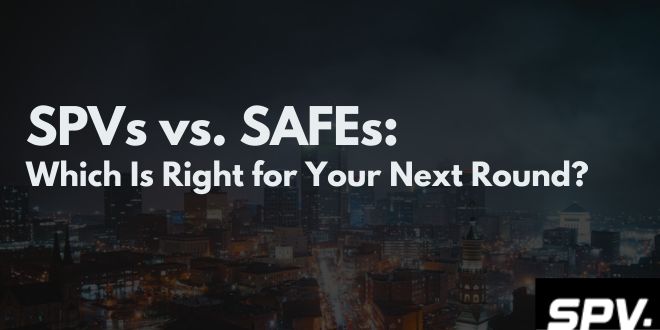


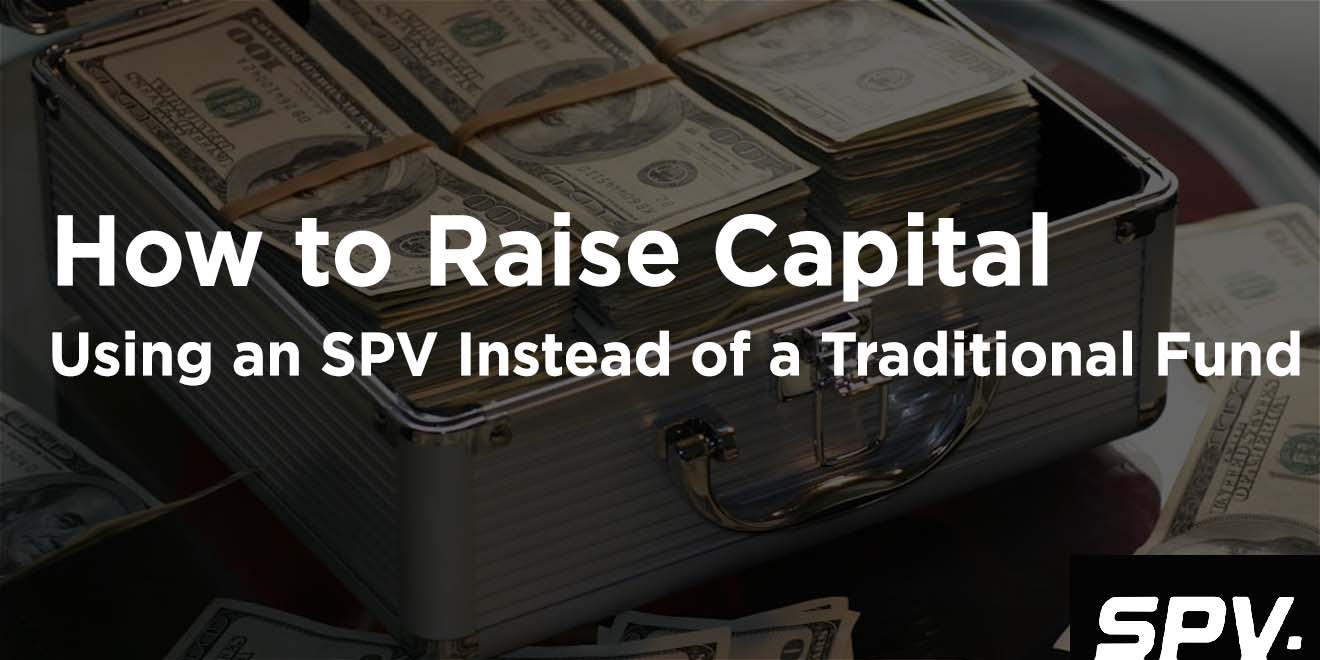
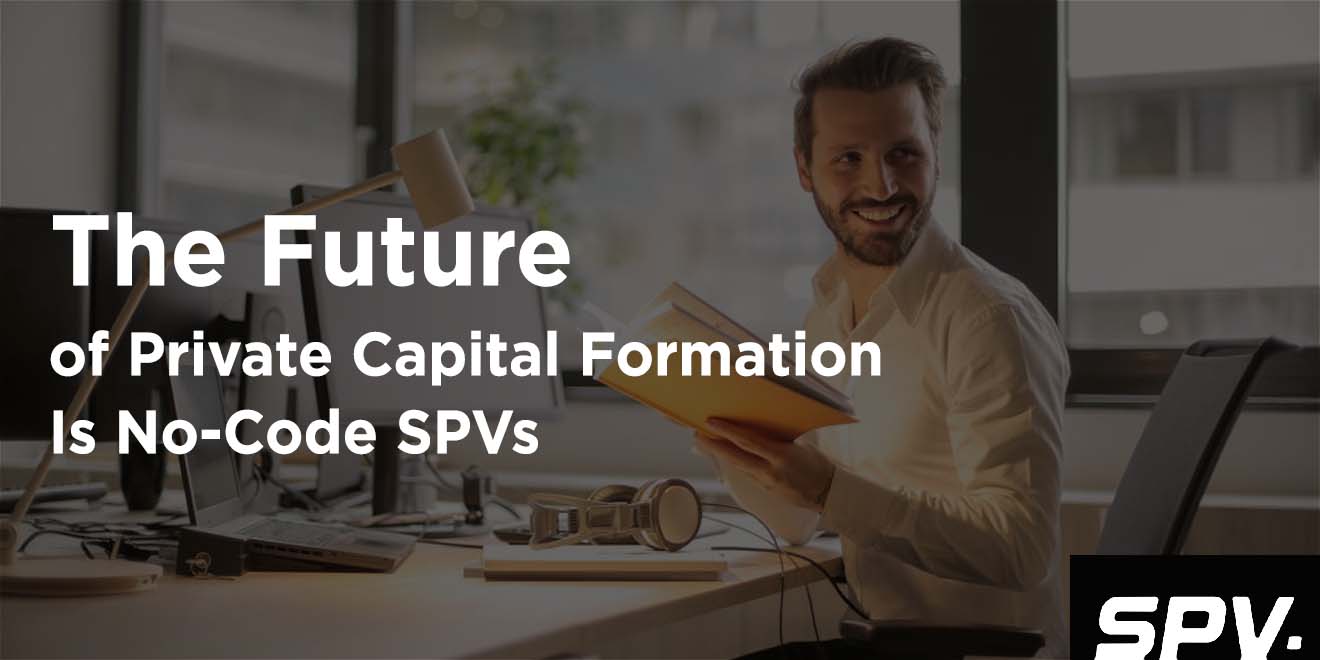
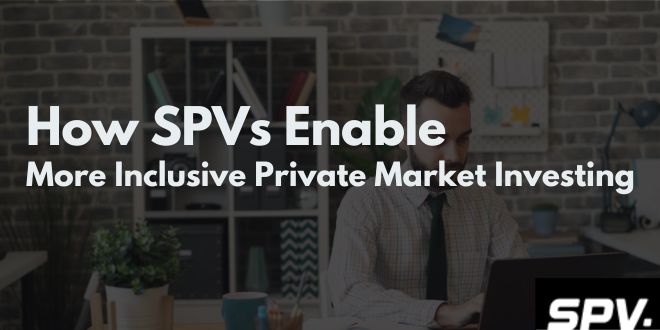

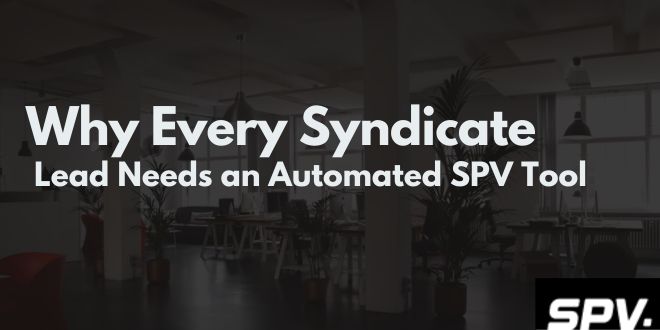
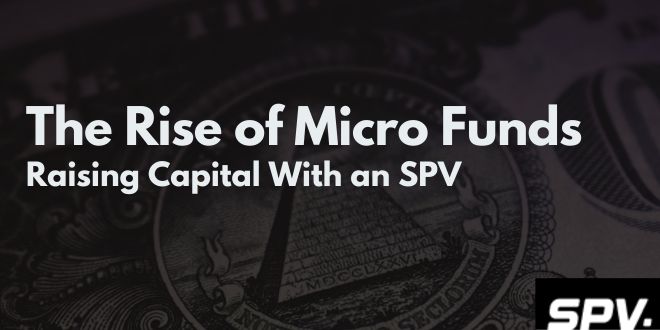
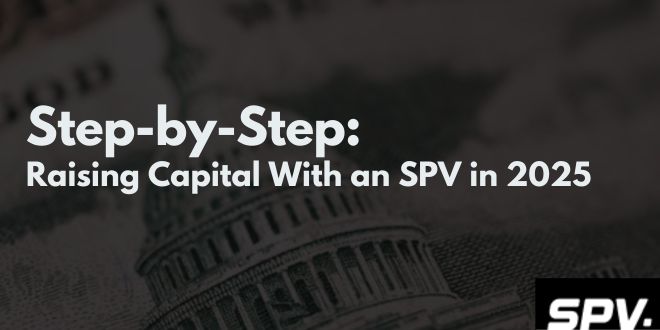
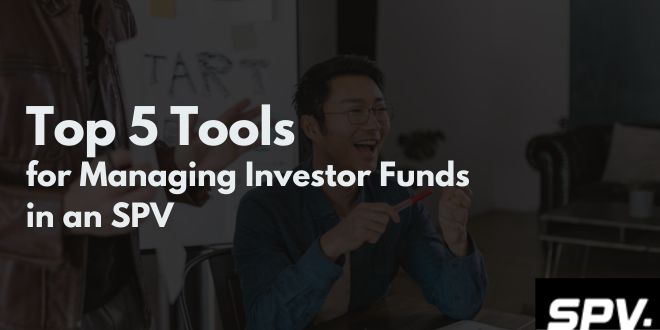
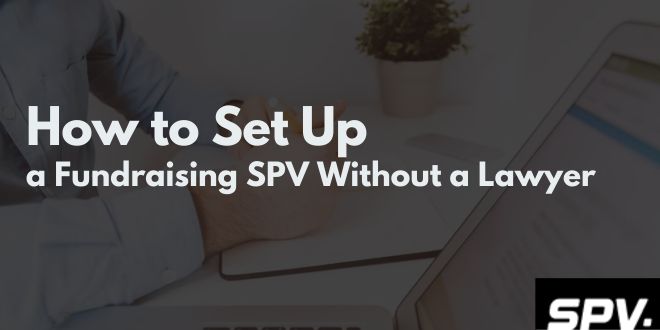
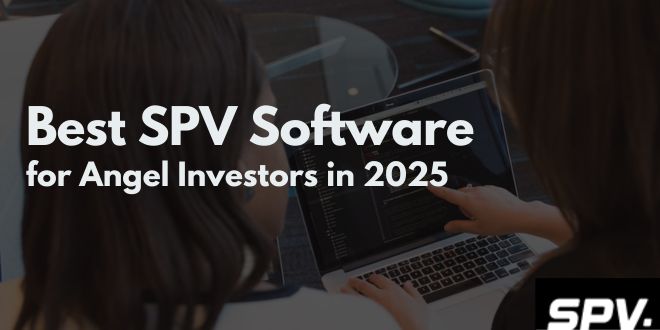
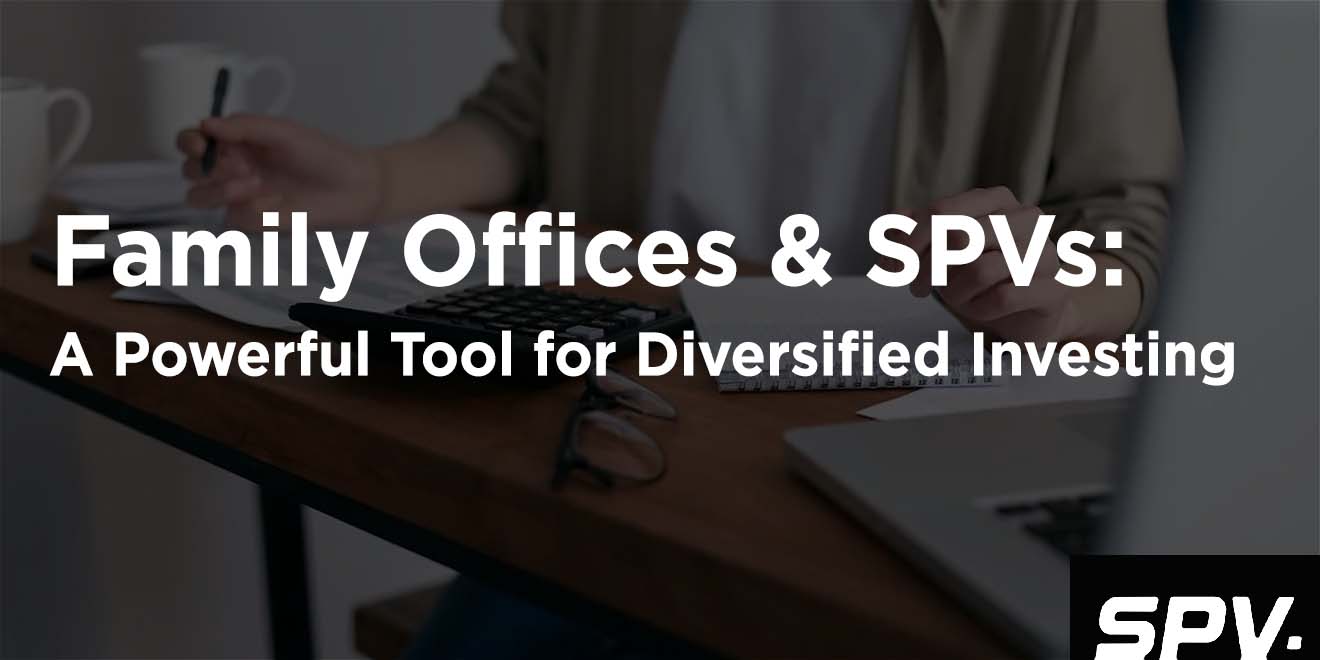
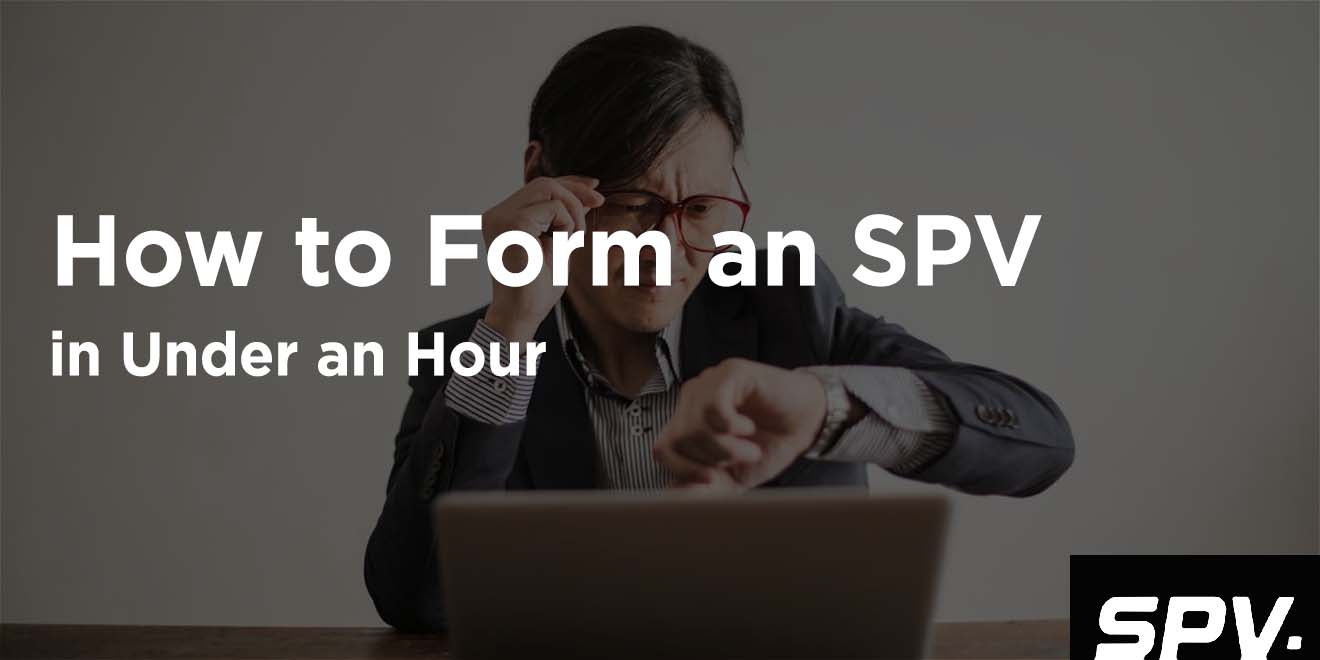
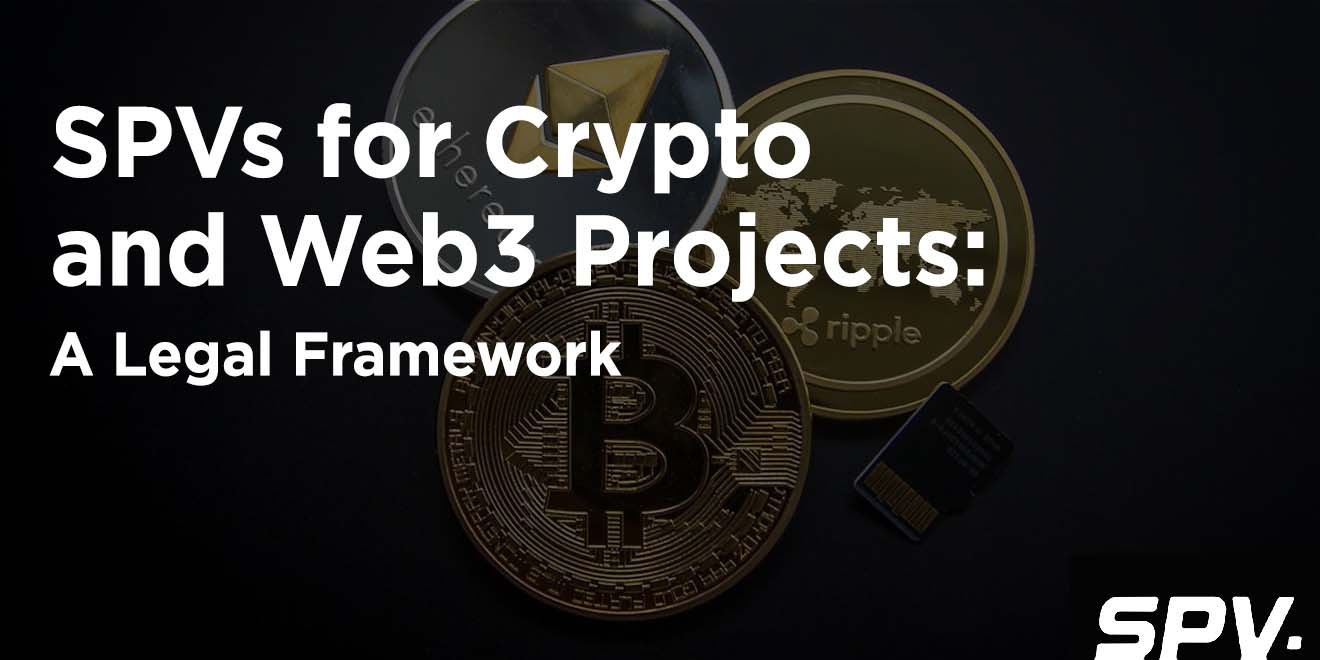

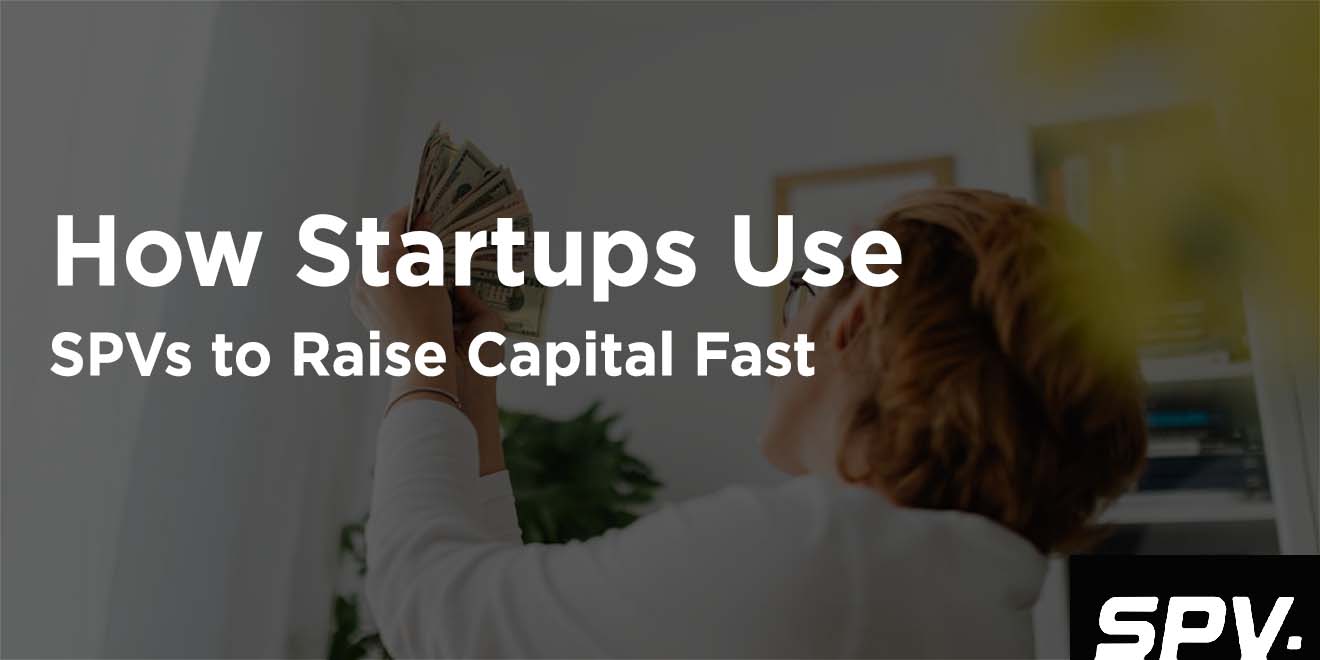


.jpg)


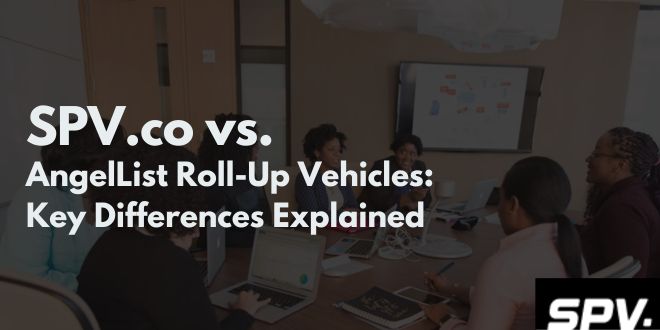

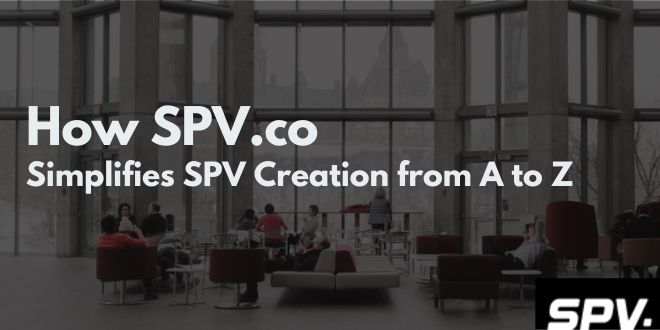
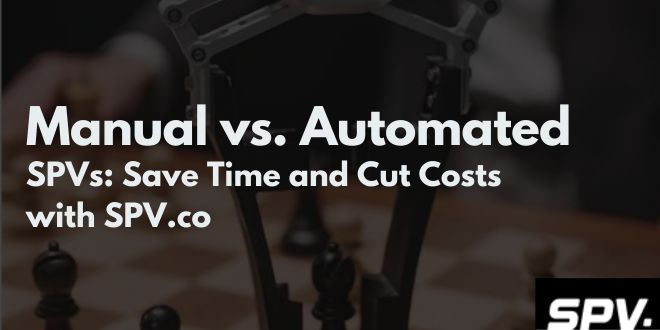
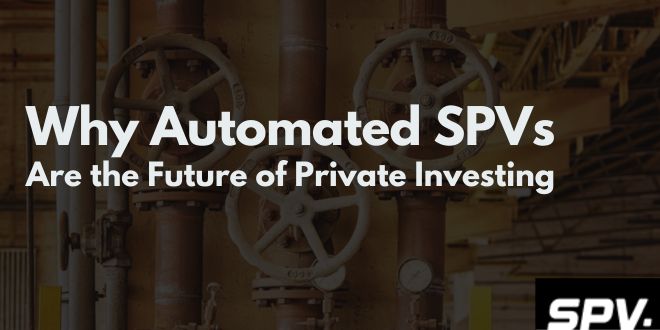

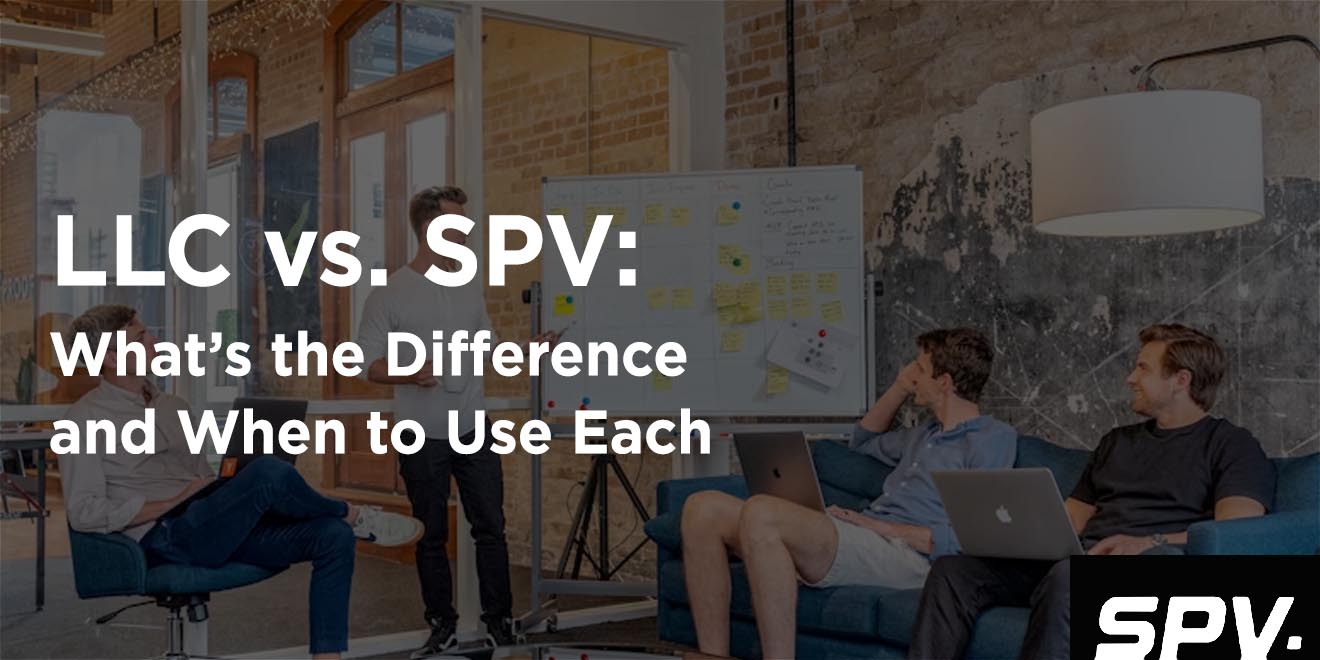
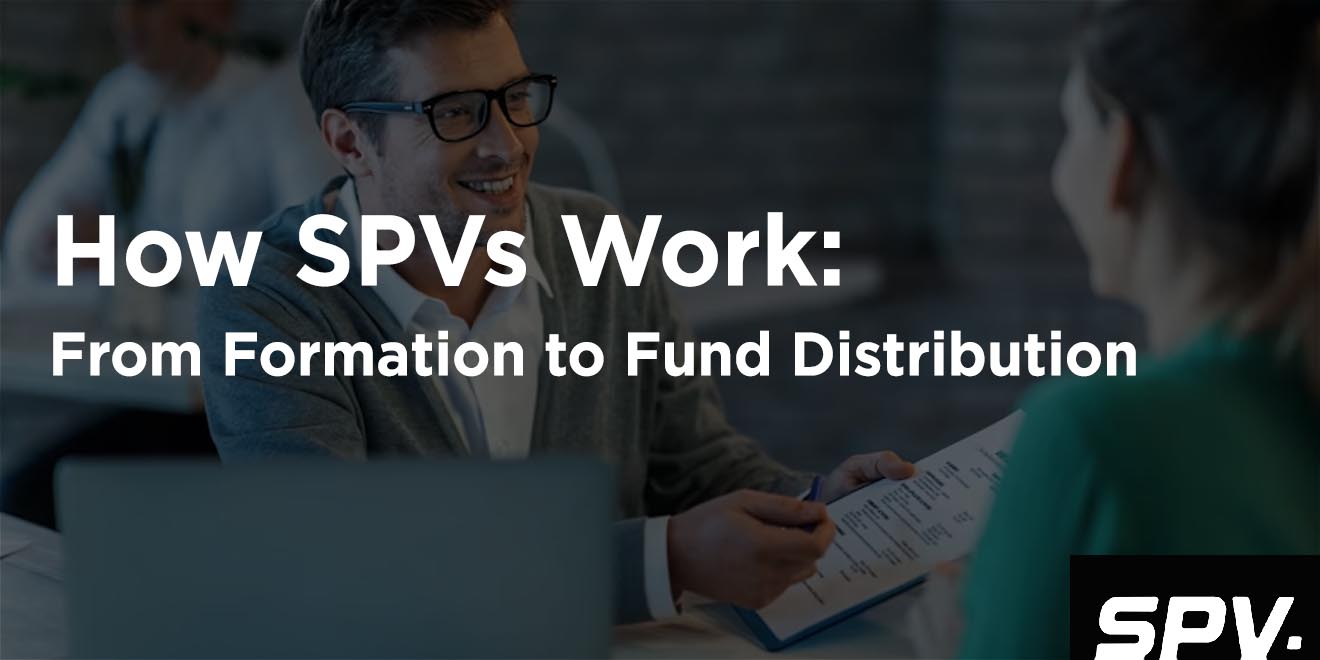
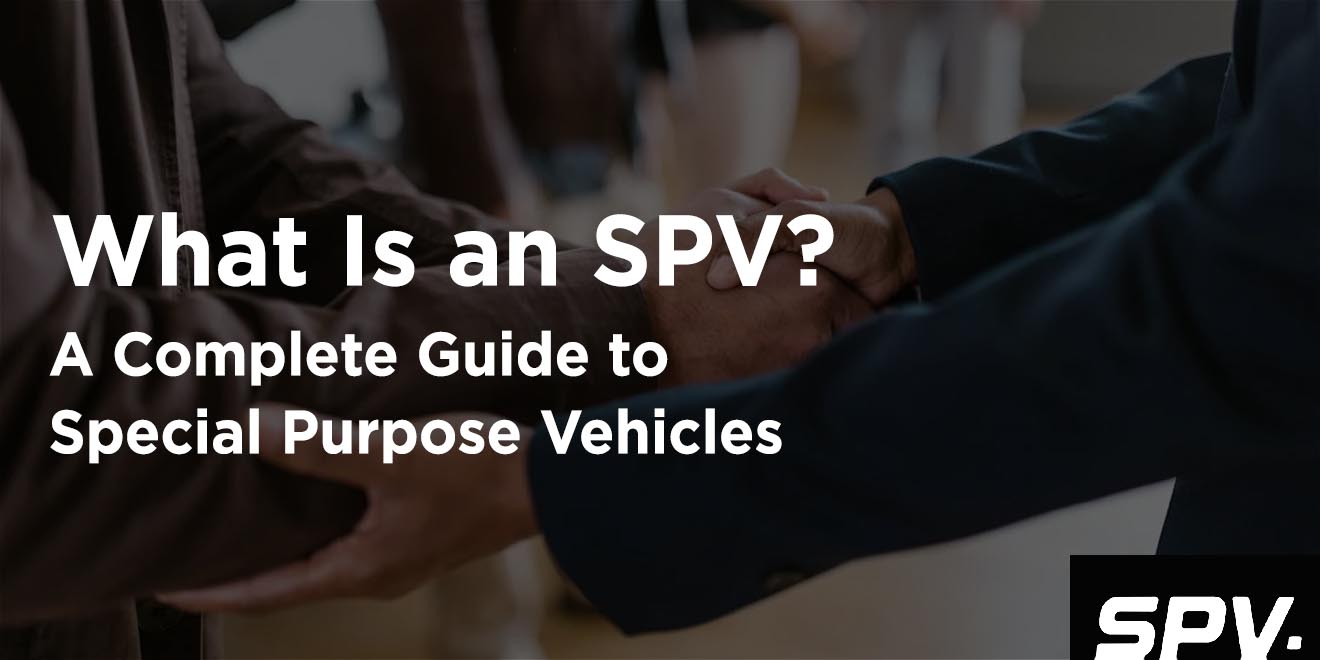


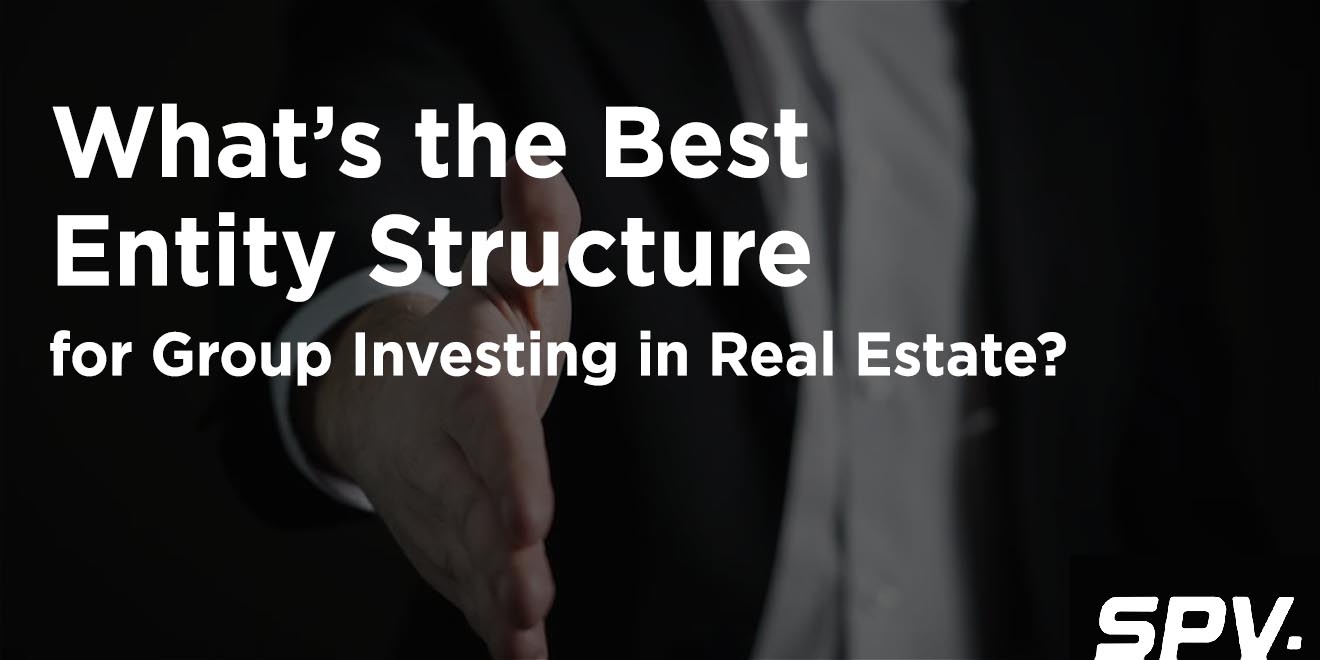


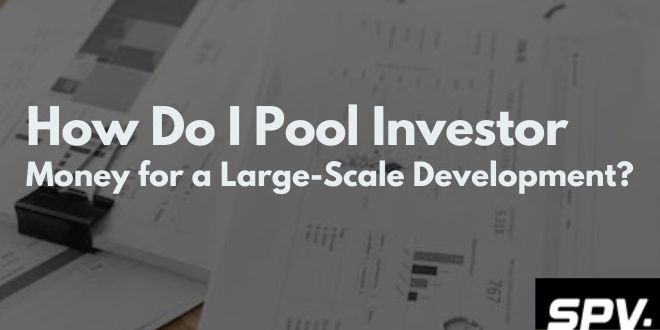


.jpg)










.jpg)




.jpg)
.jpg)





